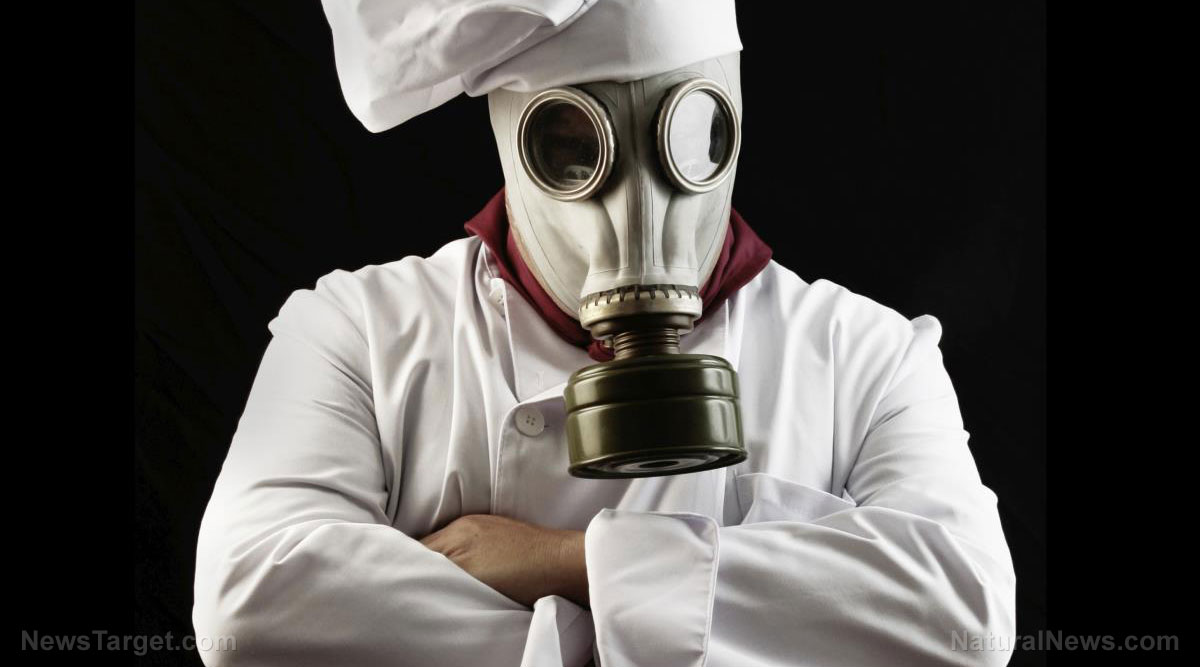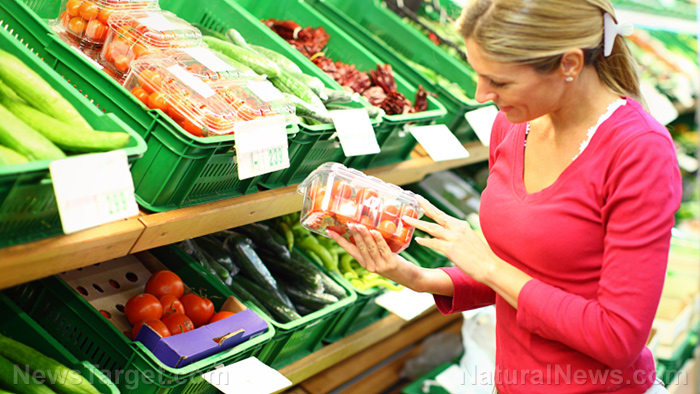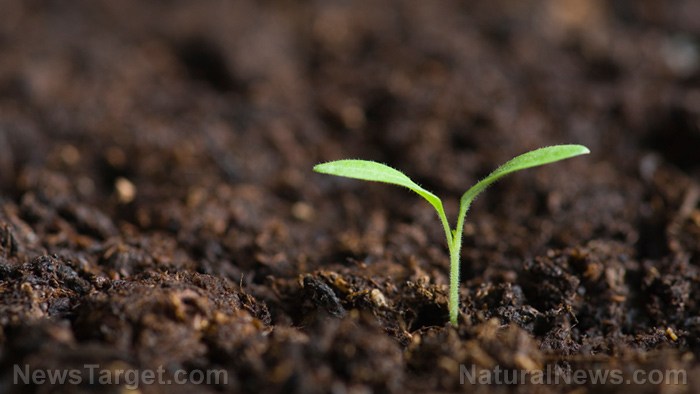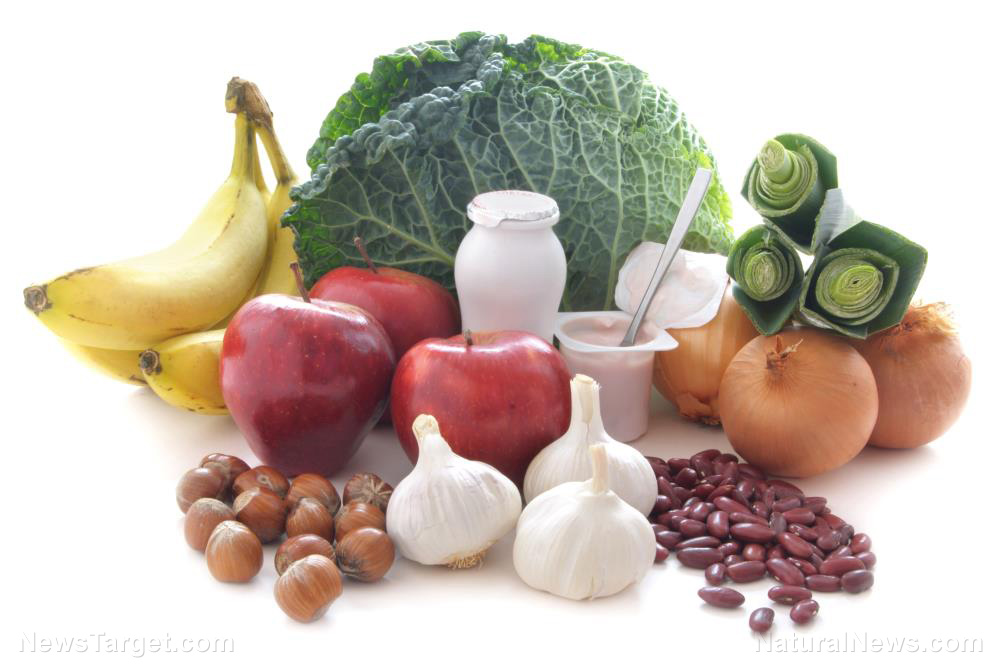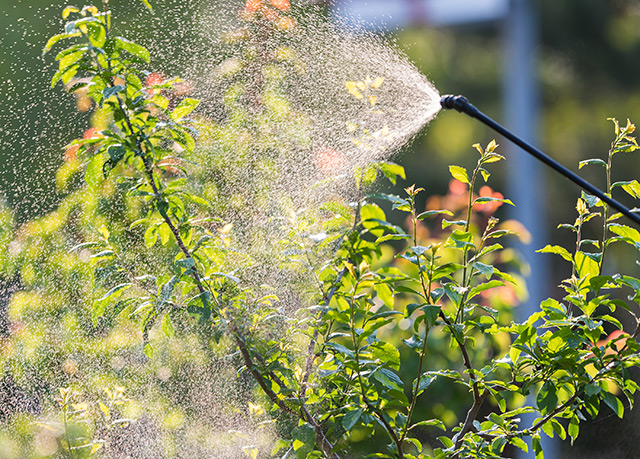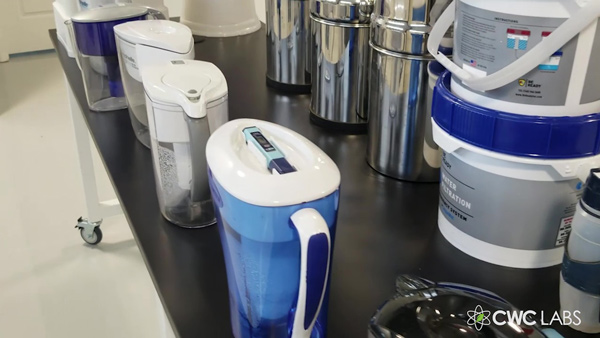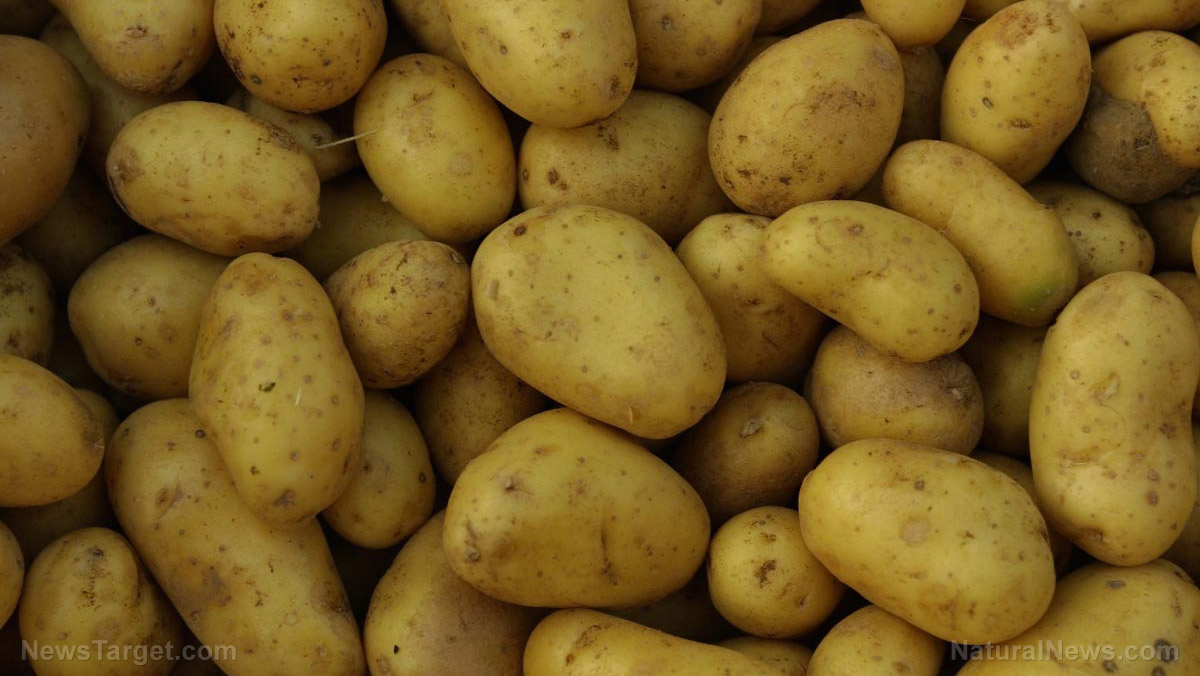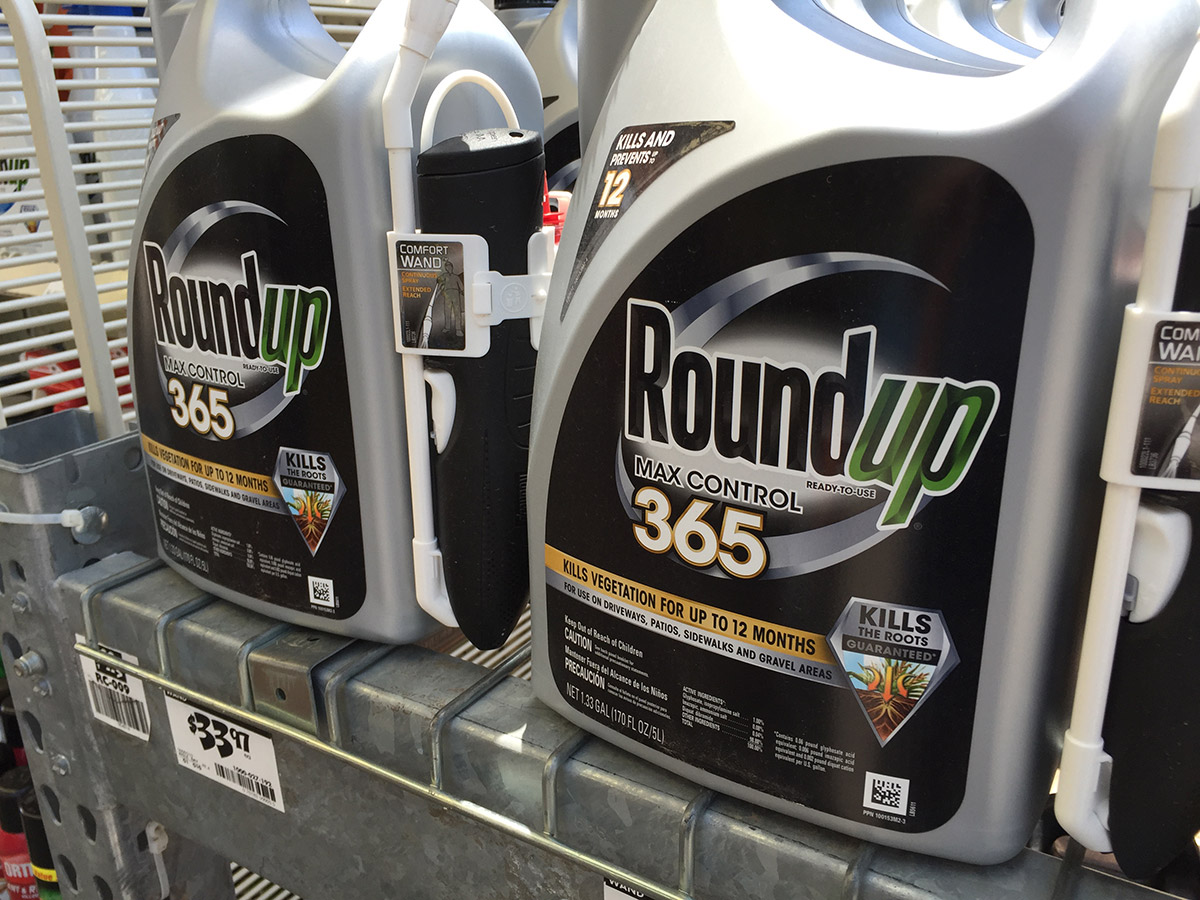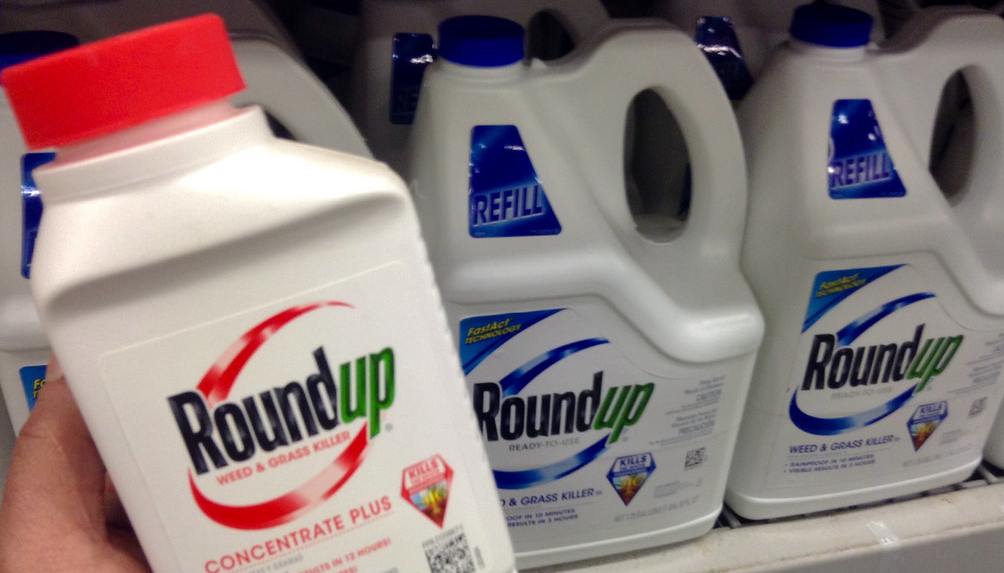Catholic Church declares gluten-free foods contraband, but says GMOs are just fine for mass
07/17/2017 / By Amy Goodrich
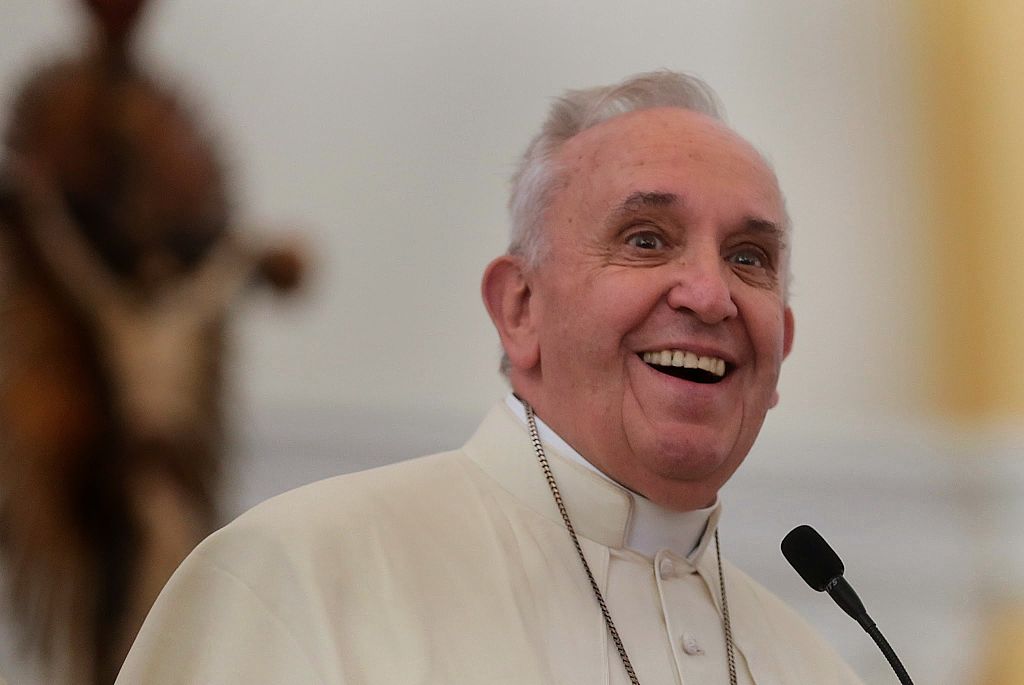
As more people adopt a gluten-free diet for health reasons, the Vatican revealed their stance on the gluten-free and GMO movements earlier this month.
At the request of Pope Francis, the unleavened bread used to celebrate the Eucharist during Roman Catholic masses can be made with genetically modified organisms (GMOs), however, the Vatican added that they will not allow entirely gluten-free hosts or wafers for the practice of the Holy Communion.
There are an estimated 1.2 billion Catholics in the world. Through the Sacrament of Holy Communion Catholics remember Jesus’ Last Supper and Christ’s sacrifice of himself on the cross. Catholics receive the holy bread and wine, believing that they are receiving the body and blood of Christ.
Since the Communion bread is now sold at some supermarkets and on the internet, Cardinal Robert Sarah of the Vatican’s Congregation for Divine Worship and the Discipline of the Sacraments said that they needed to clarify this matter and come up with a set of rules to address the latest gluten-free trend. The Vatican has ruled the bread can be low-gluten, but there must be enough of the gluten protein in the wheat to make it without additives.
“Hosts [wafers] that are completely gluten-free are invalid matter for the celebration of the Eucharist. Low-gluten hosts (partially gluten-free) are valid matter, provided they contain a sufficient amount of gluten to obtain the confection of bread without the addition of foreign materials and without the use of procedures that would alter the nature of bread,” said Cardinal Robert Sarah in a letter to the bishops.
In the letter, Cardinal Sarah also reminded bishops that the bread should be made by people “distinguished by their integrity” and that adding fruit, honey, or sugar is a “grave abuse.”
According to the Roman Catholics beliefs, the bread and wine served at the Eucharist are converted into the body and blood of Christ. Therefore, Cardinal Robert Sarah noted that next to gluten-free bread, the wine used for this ritual must also be from a natural, pure, and incorrupt source, not mixed with other substances.
“Until recently it was certain religious communities who took care of baking the bread and making the wine for the celebration of the Eucharist. Today, however, these materials are also sold in supermarkets and other stores and even over the internet,” the letter said.
GMOs are natural, pure, and incorrupt?
Despite the concern about gluten-free bread being altered, the Church makes an exception for GMO foods, noting “Eucharistic matter made with genetically modified organisms can be considered valid matter.”
Wait a minute, adding natural substances such as honey or fruit is a grave abuse, but adding unnatural GMOs is fine. Since when did GMOs enter the natural and pure food world? The letter reminding bishops of the guidelines sparked concerns and drew attention from a lot of media outlets around the world.
Foods containing GMOs are far from natural or pure. Scientists have tinkered with the genes of these plants in the hope to help feed the world. Evil, money-greedy companies such as Monsanto and Bayer have brought these Frankenfoods into the world. Not nature.
If you’ve been following Natural News for some time, you know that GMO crops are bad news. They have been linked to increased use of harmful chemicals, such as glyphosate-containing herbicides. Multiple studies have shown that genetically modified food is highly toxic and unfit for animal or human consumption.
Regular GMO consumption has been associated with an increased risk of DNA damage, hormone imbalances, abnormal sperm, blood changes, and damage to the liver, the kidneys, and testes — giving rise to a host of diseases including cancer.
Find more information about the dangers of GMOs at GMO.news.
Sources include:
Tagged Under: Catholic church, gluten free, GMO, pope, Pope Francis, religion, Roman Catholic, vatican


